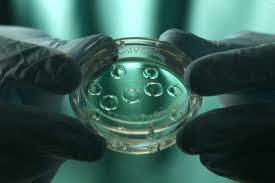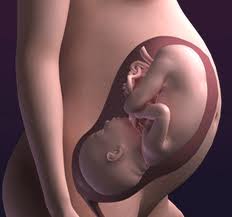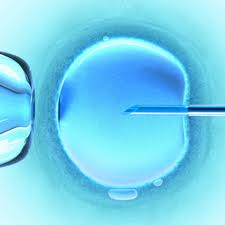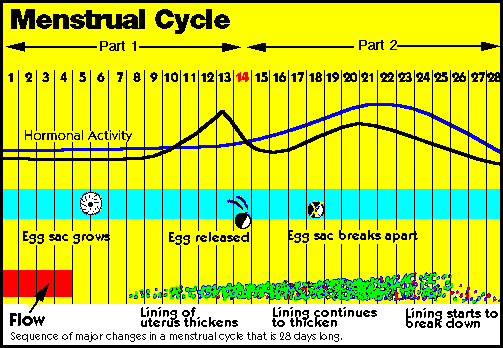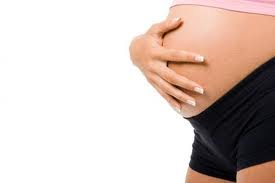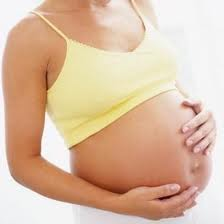Any excess healthy embryos from the in vitro fertilization (IVF) process can be frozen, in case more than one treatment cycle is needed. Freezing embryos, also known as cryopreservation, takes place for some 60% of all patients having IVF treatment. Cryopreservation of embryos is the process of preserving an embryo at sub-zero temperatures, generally at an embryogenesis stage corresponding to pre-implantation, that is, from fertilisation to the blastocyst stage. Continue reading
